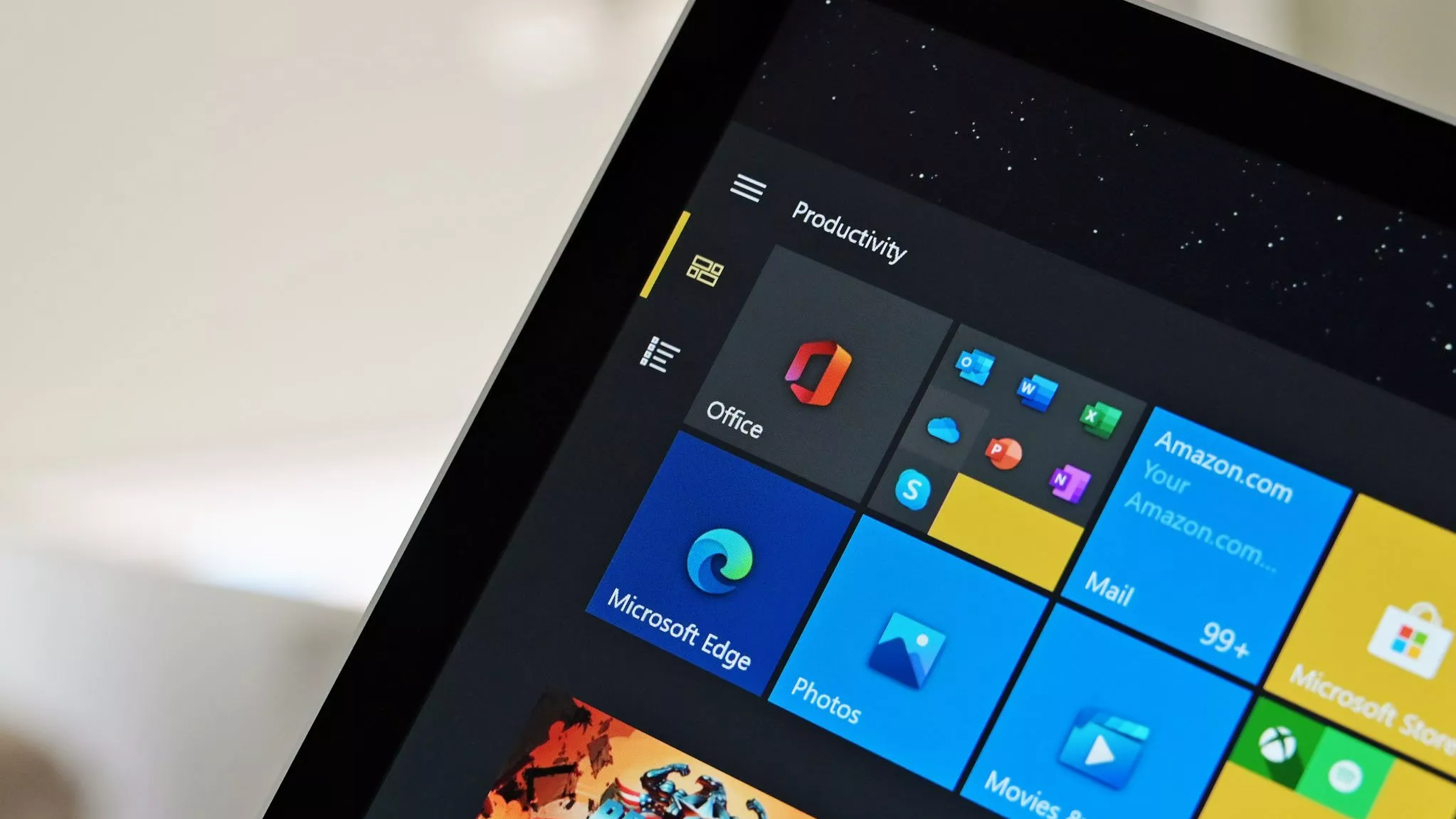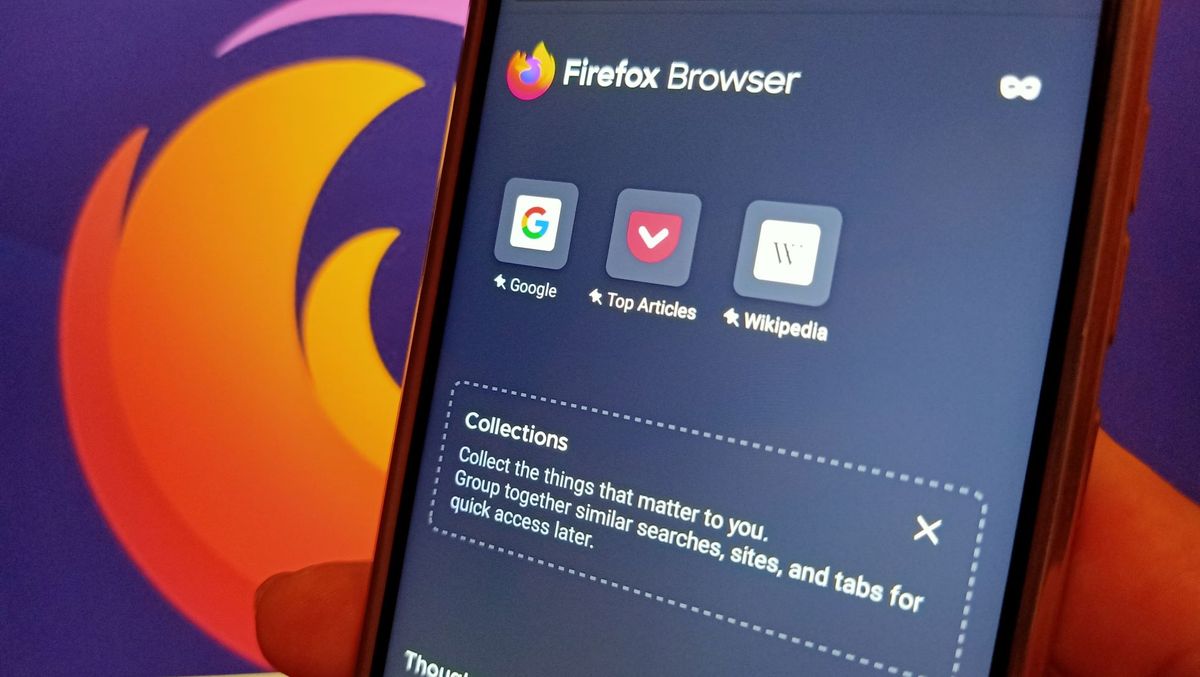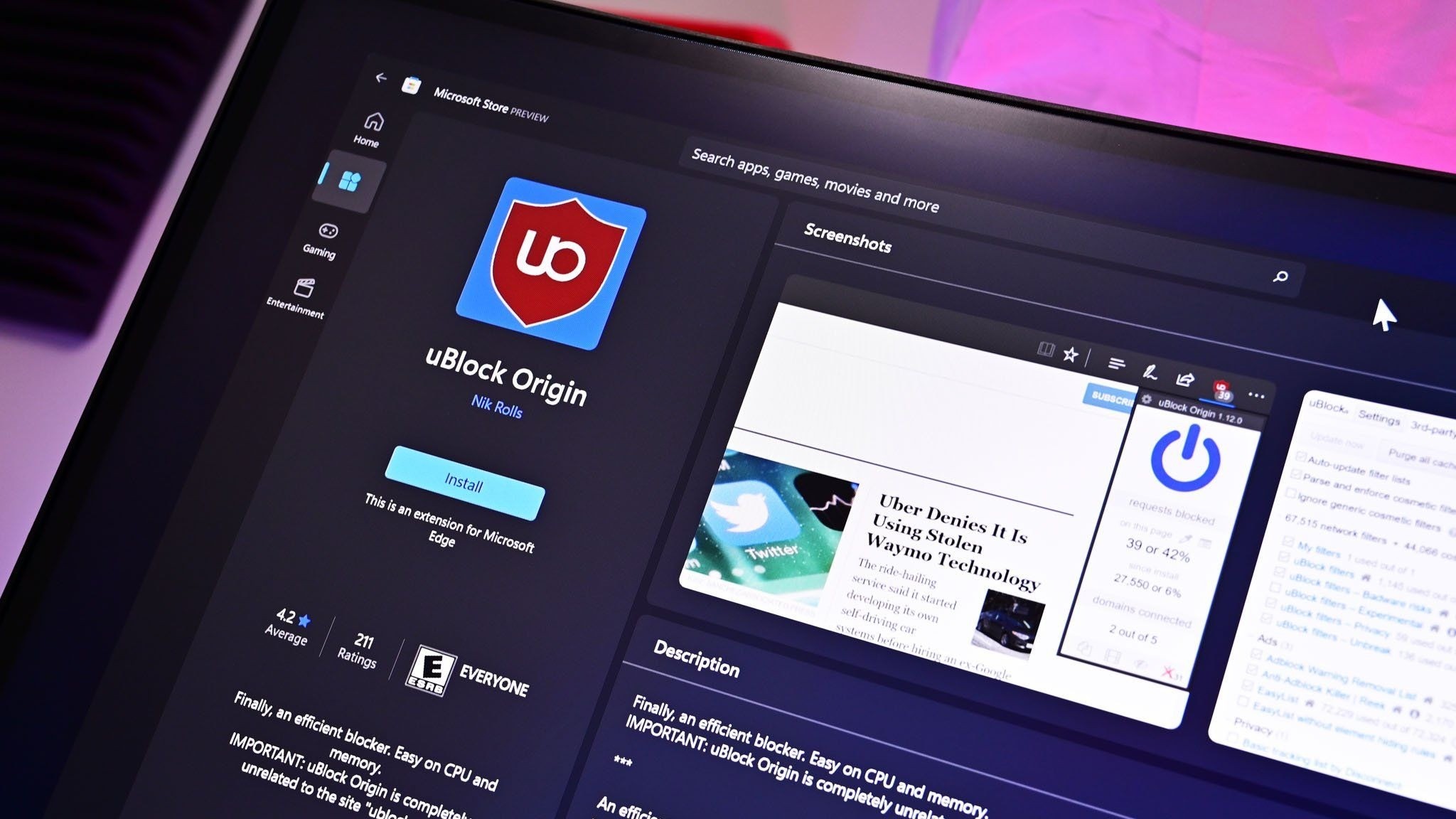
The days of uBlock Origin are numbered, at least on Chromium browsers. Earlier this week, reports emerged that uBlock Origin stopped working on Google Chrome. Now, it seems uBlock Origin could soon be disabled in Microsoft Edge.
The most recent version of Microsoft Edge Canary states that uBlock Origin is no longer supported. According to Leo Varela, who tracks changes in Edge, the cutoff may have been unexpected.
"Google has started disabling unsupported extensions in Chrome Stable (it's been news in several media) and I think this change came to Edge Canary unexpectedly, it's not the first time that some changes made in the Stable version of Chrome come to Edge Canary unexpectedly," said Varela on X.
We knew that Edge would end support for certain extensions at some point, but the company's document on the situation lists "TBD" in the timeline. Even if Edge supports uBlock Origin at the moment, that will change in the future.
Why is uBlock Origin being removed?
Considering that a large portion of Google's revenue comes from advertising, you may have assumed the cutoff for uBlock Origin is some targeted attack. While I suppose it's impossible to decipher the tech giant's motives, the end of uBlock Origin support is related to security and performance.
Years ago, Google introduced Manifest V3, a new version of its extension platform. Extensions built on that platform are more secure, more private, and perform better. Unfortunately, they also cannot fully use a specific API that is essential for uBlock Origin to function.
The WebRequest API that allows content blockers to block ads and other content before it loads is limited in Manifest V3.
With the limits in place on WebRequest, uBlock Origin's picker cannot work. The picker allows you to block specific elements. For example, you can choose to block a pop-up video or a prompt that uBlock Origin does not view as an ad by default.
Which browsers support uBlock Origin?

Google Chrome and Microsoft Edge are in the process of ending support for Manifest V2. That means uBlock Origin either has already stopped working or will stop working in the near future. The process is gradual, so you may have a bit of time to find a suitable alternative.
Firefox will continue to support uBlock Origin. Mozilla explained in a blog post that it will maintain blocking WebRequest API support within Firefox. That means that even after the migration to Manifest V3, uBlock Origin will continue to work in Firefox.
uBlock Origin alternatives
While uBlock Origin is an excellent content blocker, it is far from the only content blocker. If you want to stick with the same developers, you can switch to uBlock Origin Lite. That extension lacks the finer controls of the original uBlock Origin, but it still works well. Most importantly, it works within browsers that have ended support for Manifest V2.
You can also switch to a different ad blocker. In their AdGuard review, our colleagues at TechRadar gave that program a 4.5 out of 5. AdGuard also supports blocking cookies, mobile banners, popups, social widgets, and other non-ad content that you may not want to see.
One thing that sticks out about AdGuard for Windows is that it works in apps as well as in browsers.
Microsoft Edge and uBlock Origin

When Microsoft recreated its Edge browser back in 2020, the tech giant moved Edge to Chromium. Somewhat ironically, moving Edge to the same engine as Google Chrome helped create what could have been a rival to Google's browser.
All the web computability and extensions of Chrome but without Google? Sign me up. To some extent, that vision has been fulfilled. Edge works with the vast majority of websites and has a massive library of add-ons thanks to support for Chrome extensions. Edge is one of many Chromium-based browsers to let you use the modern web without having Google's servers involved.
But Microsoft missed the mark when it comes to differentiating itself from Chrome during the migration to Manifest V3. As evidenced by Mozilla and its Firefox browser, it is possible to use Manifest V3 while also fully supporting the WebRequest API.
Mozilla explains how it will support both Manifest V3 extensions and the WebRequest API needed for certain ad blockers to work:
"Mozilla will maintain support for blocking WebRequest in MV3. To maximize compatibility with other browsers, we will also ship support for declarativeNetRequest. We will continue to work with content blockers and other key consumers of this API to identify current and future alternatives where appropriate. Content blocking is one of the most important use cases for extensions, and we are committed to ensuring that Firefox users have access to the best privacy tools available."
I can't help but ask why Microsoft did not do the same or at least do something similar. Perhaps there are technical limitations I am unaware of (Firefox is not based on Chromium but Edge is). But the fact that Microsoft plans to maintain support for Manifest V2 for enterprise users for at least a limited time suggests the tech giant could have done something to affect the timeline.
Perhaps the death of uBlock Origin is an unavoidable consequence of moving Edge to Chromium. But if there is a way to make Edge compatible with uBlock Origin after Chrome blocks that popular extension, doing so could boost Edge's popularity and earn Microsoft some good will.







